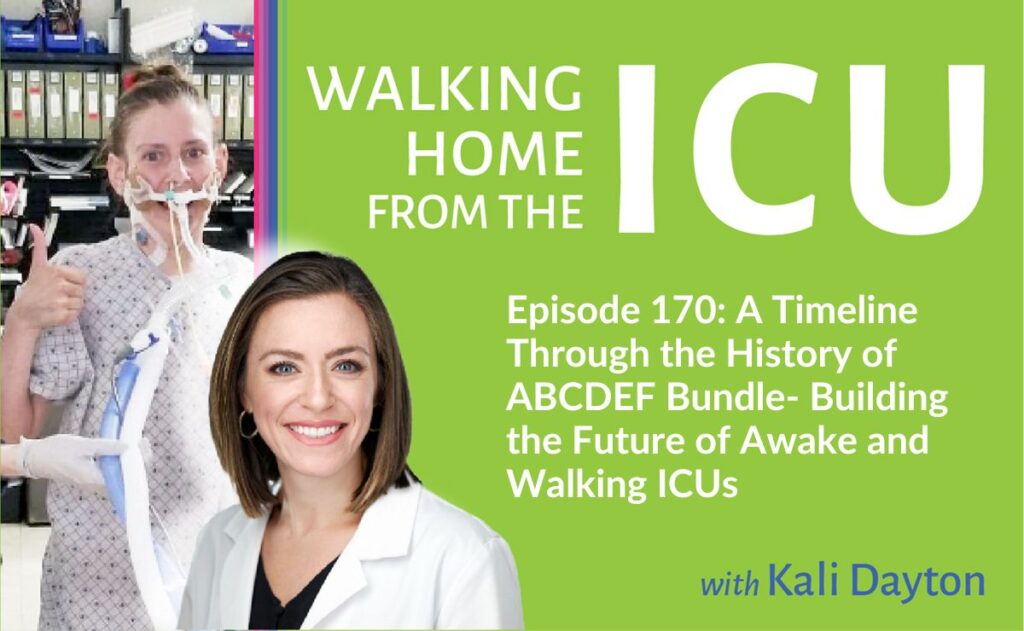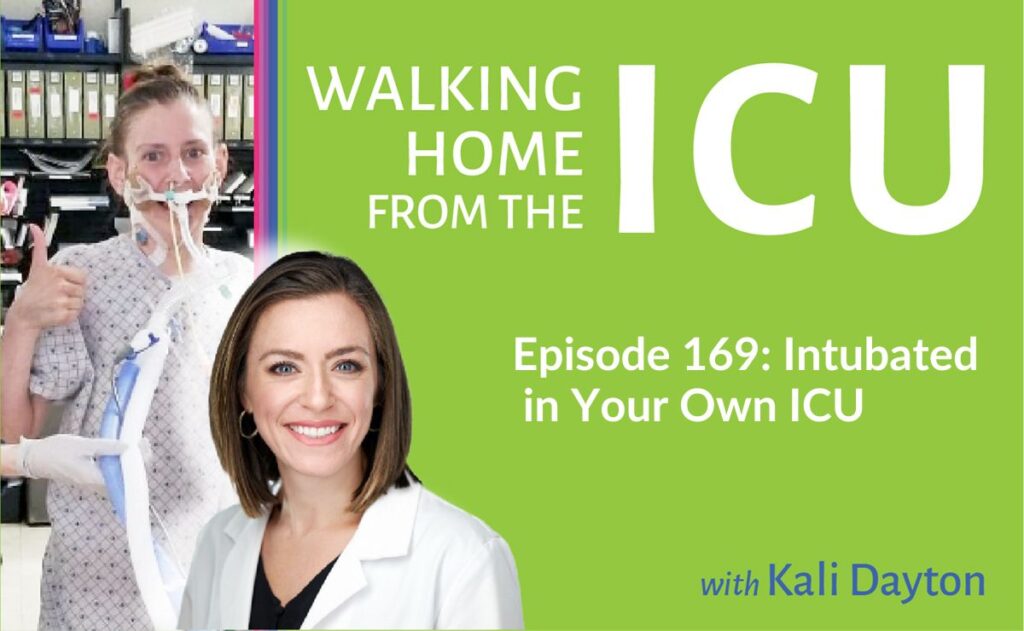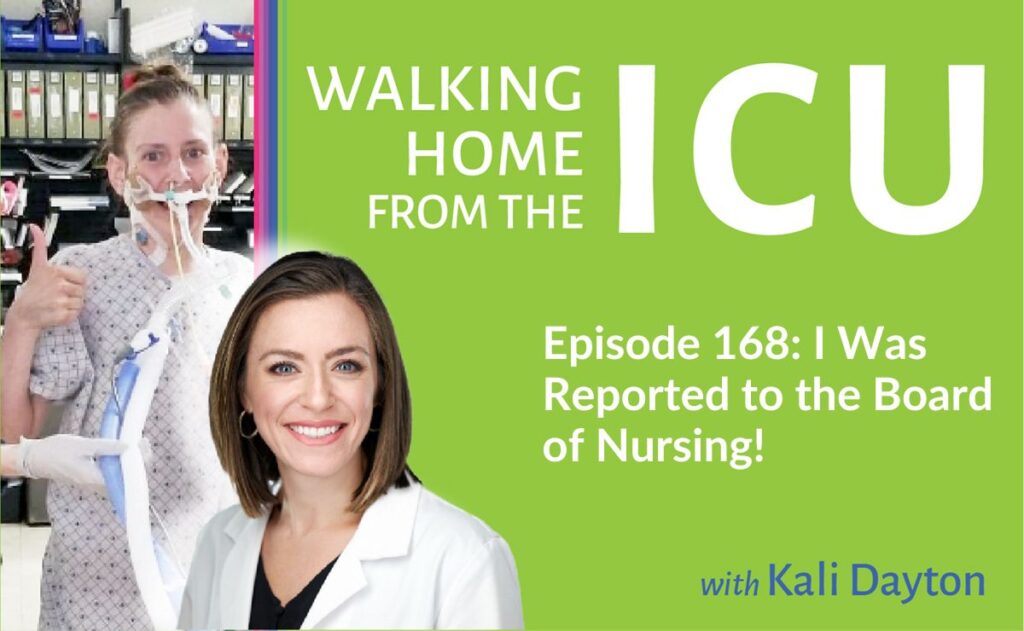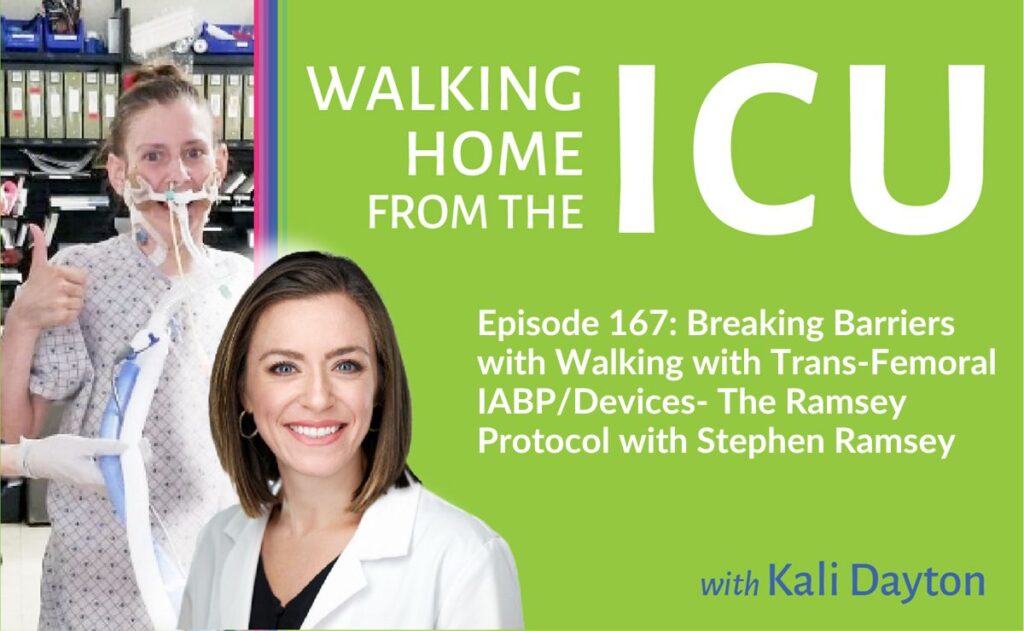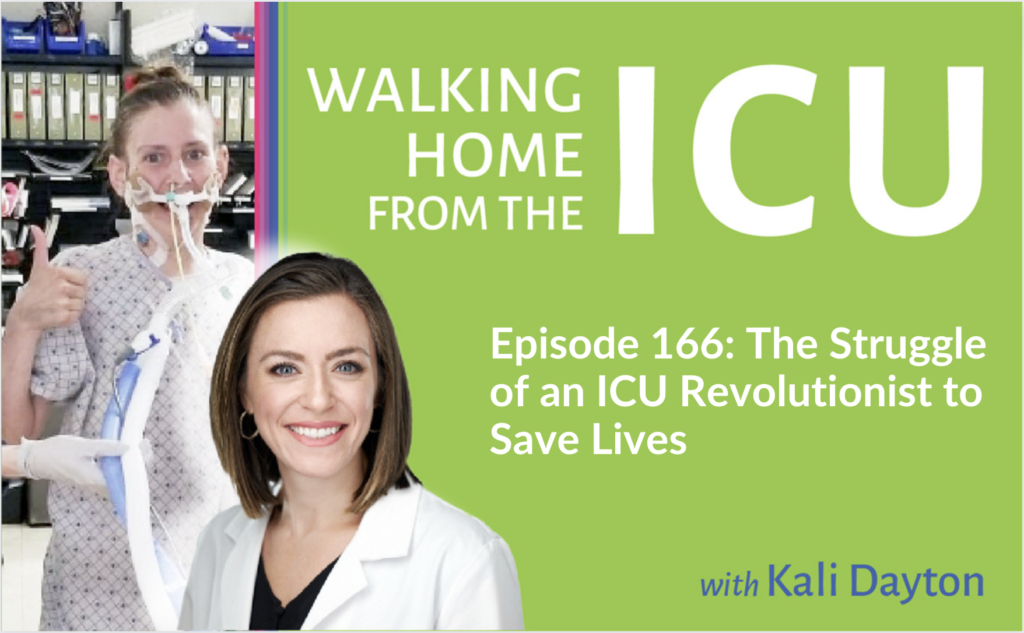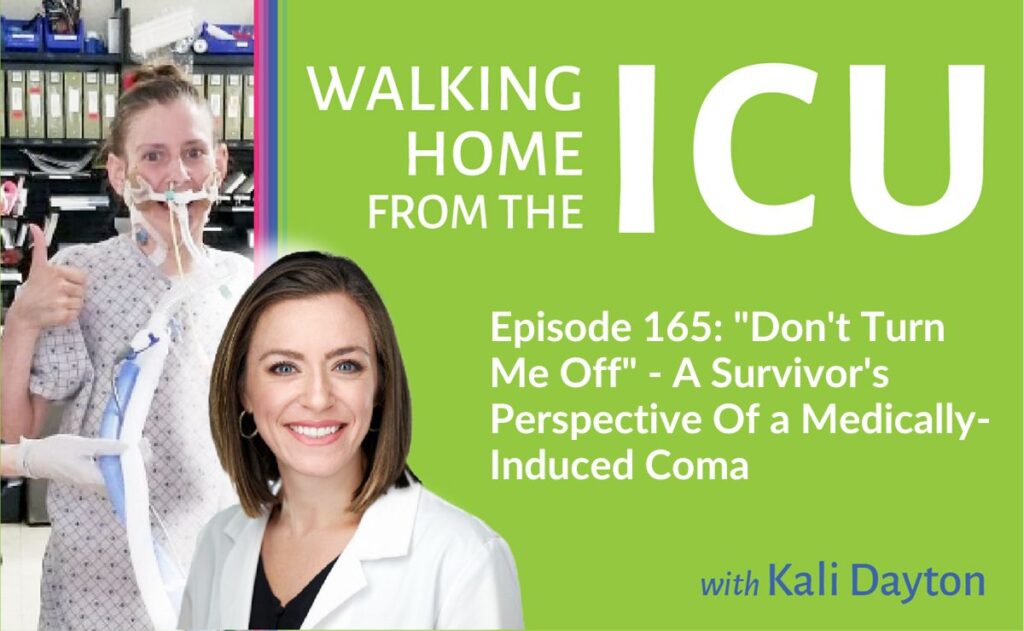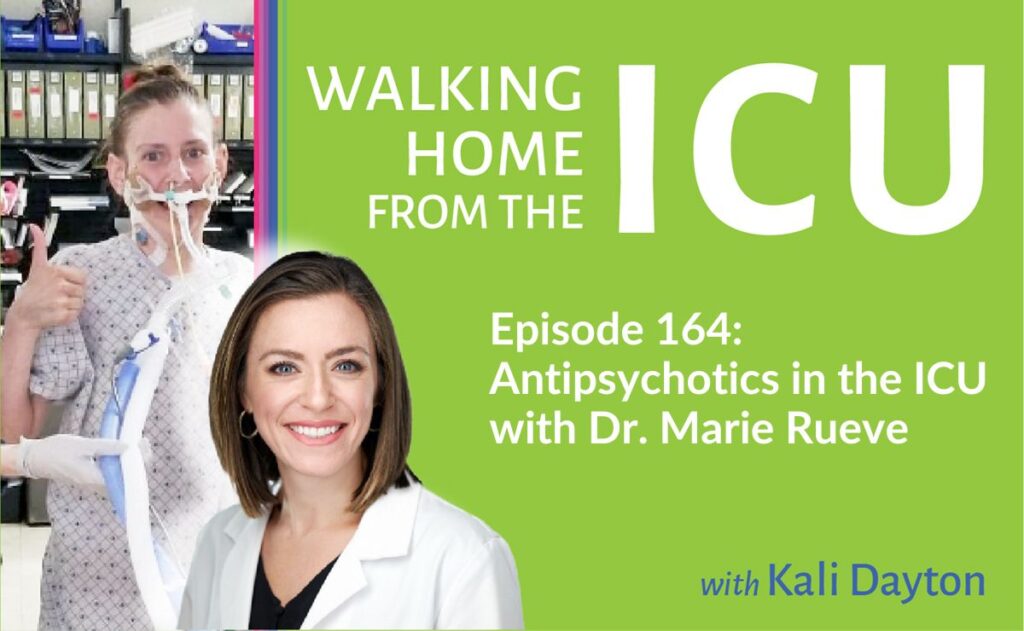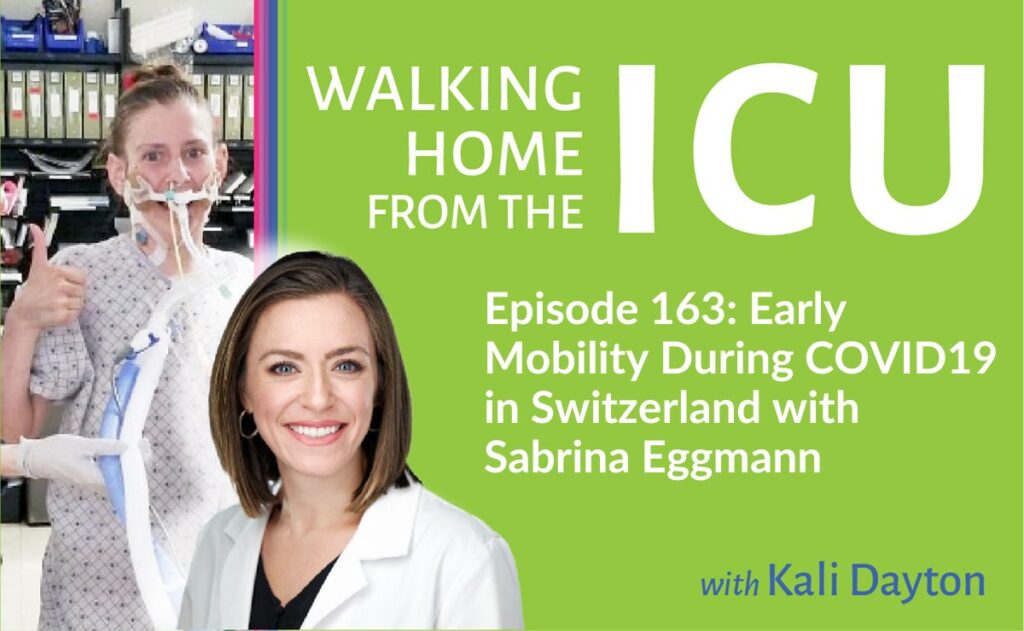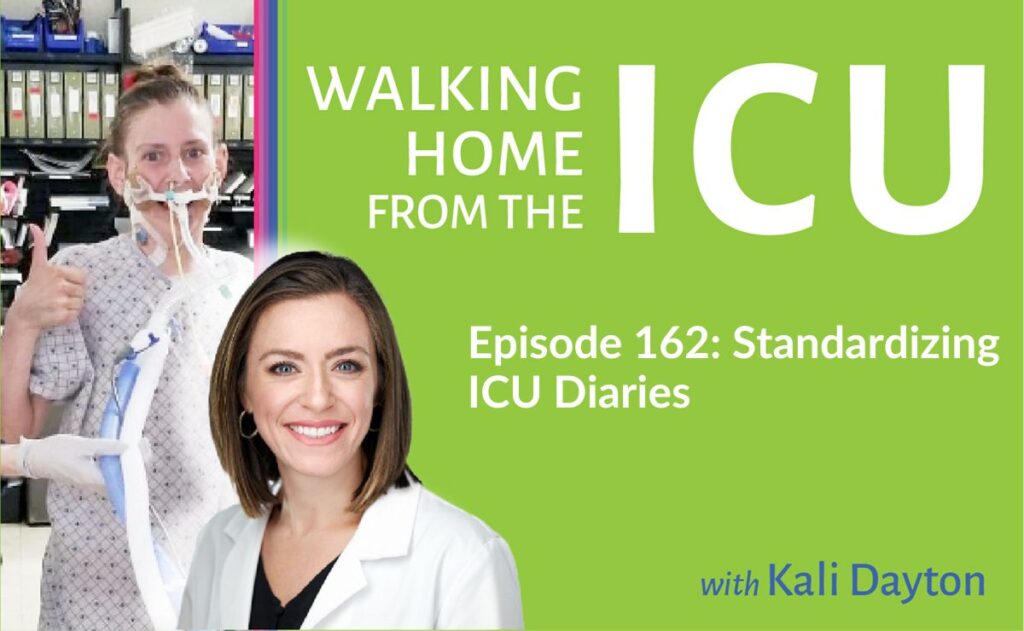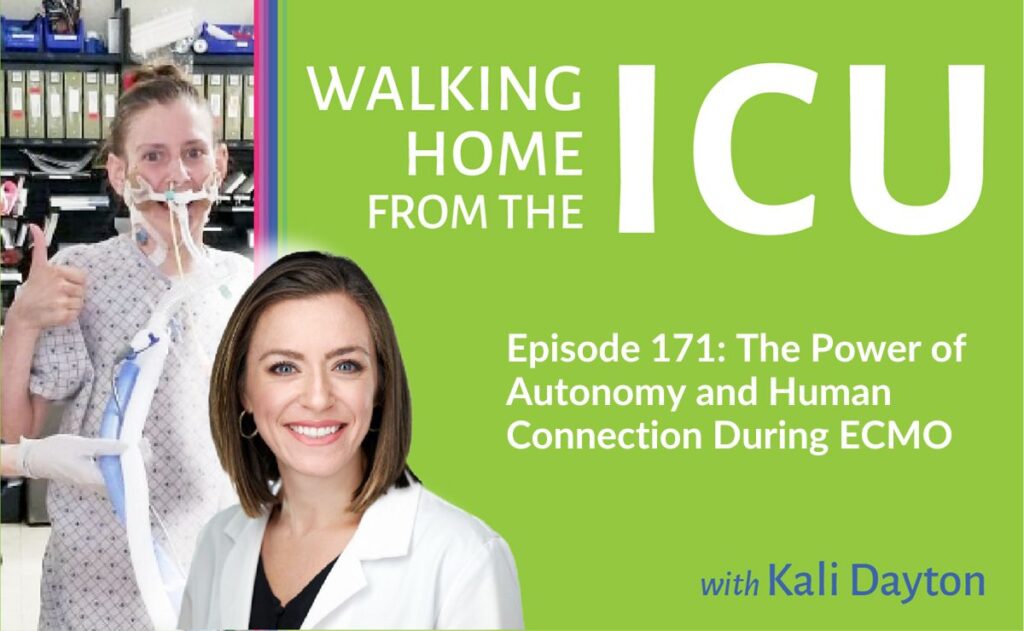
Walking Home From The ICU Episode 171: The Power of Autonomy and Human Connection During ECMO
Check out this episode with @Christinecasiano as she shares the contrast between being sedated vs. being awake while on ECMO. Register for the monthly ICU Revolutionists zoom meetings here. Episode Transcription Kali Dayton 0:00 Kristina, welcome to the podcast. I’m thrilled to have you on Can you introduce yourself to us? Christine Casiano 0:04 Yes,
